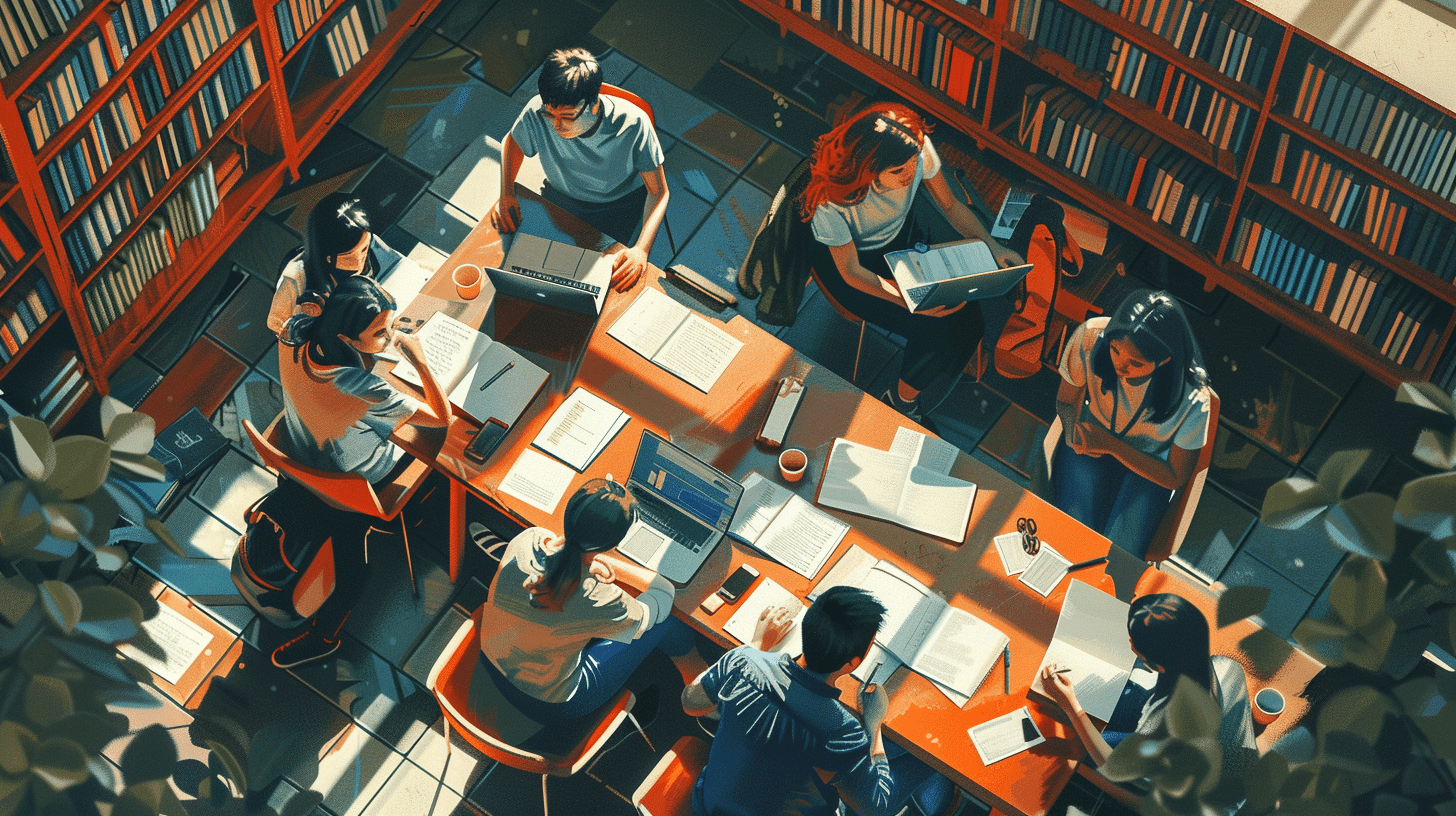Pick a language and start learning!
Position of adjectives in sentences Exercises in French language

Mastering the position of adjectives in French sentences is essential for achieving fluency and precision in the language. Unlike in English, where adjectives typically precede the noun, French adjectives can appear both before and after the noun, depending on various rules and nuances. Understanding these rules not only enhances your grammatical accuracy but also significantly improves the flow and expressiveness of your speech and writing.
In French, certain adjectives are almost always placed before the noun they describe, such as "beau" (beautiful), "vieux" (old), and "jeune" (young). On the other hand, most adjectives follow the noun, especially when they are descriptive or express a quality, such as "intéressant" (interesting) or "important" (important). To help you master these conventions, we've compiled a series of exercises that will guide you through the intricacies of adjective placement, ensuring you gain confidence and competence in constructing grammatically correct and natural-sounding sentences.
Exercise 1
<p>1. Elle porte une robe *rouge* (color).</p>
<p>2. J'ai acheté une voiture *neuve* (new).</p>
<p>3. Le chien est *grand* (size).</p>
<p>4. Marie a une maison *jolie* (pretty).</p>
<p>5. Il a mangé une pomme *verte* (color).</p>
<p>6. Nous avons visité une ville *historique* (historical).</p>
<p>7. Ils ont un appartement *moderne* (modern).</p>
<p>8. Elle a adopté un chat *noir* (color).</p>
<p>9. Il a une idée *intéressante* (interesting).</p>
<p>10. Vous avez un livre *ancien* (old).</p>
Exercise 2
<p>1. La voiture *rouge* est dans le garage (color).</p>
<p>2. Elle a acheté une *belle* robe pour la soirée (beautiful).</p>
<p>3. Nous avons visité une *ancienne* église pendant nos vacances (old, historical).</p>
<p>4. C'est un *grand* jardin avec beaucoup de fleurs (big).</p>
<p>5. Il a un *nouveau* téléphone qu'il aime beaucoup (new).</p>
<p>6. Les enfants jouent dans le *petit* parc près de l'école (small).</p>
<p>7. J'ai lu un *intéressant* article sur la science (interesting).</p>
<p>8. La *jeune* fille chante dans la chorale de l'école (young).</p>
<p>9. Ils vivent dans une *vieille* maison à la campagne (old, aged).</p>
<p>10. C'est une *belle* journée pour aller à la plage (beautiful).</p>
Exercise 3
<p>1. Elle a acheté une robe *rouge* (color adjective).</p>
<p>2. J'ai vu un film *intéressant* hier soir (adjective describing something engaging).</p>
<p>3. Le chat *noir* dort sur le canapé (color adjective).</p>
<p>4. Marie est une *jeune* fille très intelligente (adjective for age).</p>
<p>5. Nous avons une maison *grande* (adjective describing size).</p>
<p>6. Il porte un chapeau *bleu* aujourd'hui (color adjective).</p>
<p>7. J'ai rencontré un homme *gentil* au parc (adjective describing a kind person).</p>
<p>8. Elle a une voiture *neuve* (adjective describing something new).</p>
<p>9. Ils ont adopté un chien *adorable* (adjective describing something cute).</p>
<p>10. Tu as une idée *géniale* (adjective describing a great idea).</p>







